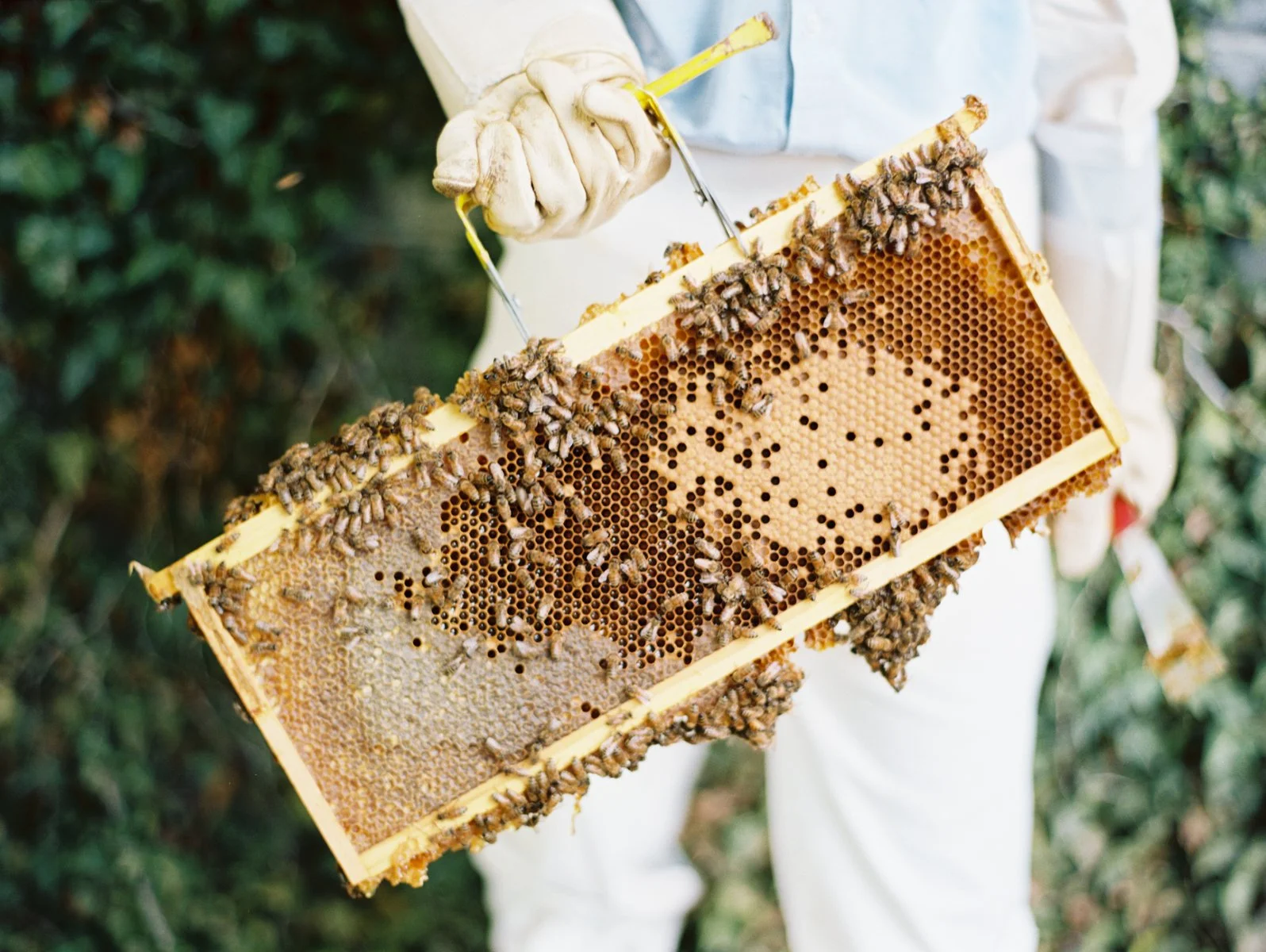THE STORY OF RANDOM BEES & BUSINESS
Continuously inspired by the study of bees, Danielle has long been fascinated with the lesser known “random-bee” – a non-worker bee known to be a bit rogue in their ability to experiment and seek out undiscovered sources of pollen for the hive. Without random-bees, there is no exploration, leaving the prosperity and future of the hive at risk.
Listen at 18:40.
What bees can teach us about exploration
Bees seem to have spotted this trade-off between narrow and broad-scale efficiency 20 million years ago. Although most of them follow the waggle-dance (exploiting what is already known), a significant minority do not. These R&D bees explore at random, seeking nectar and pollen from sources as yet unknown. Most of these journeys are individually wasteful — but every now and then they pay off hugely in the form of a new find. Indeed there would be no bees without this ‘inefficiency’; hives would end up starving to death.
Bees are still around because they are part deterministic and part probabilistic in their behaviour. They use their ‘evidence-based’ waggle-dance data-model up to a point, but correct for the fact that it is incomplete, temporary and weighted to the past. Institutionalised humans obtain a false sense of certainty by assuming that life is one big waggle-dance: that what is optimal in a one-off transaction in a certain present is also optimal at scale, in an uncertain, long-term future. Even insects have figured out this is dumb. Like Socrates, bees know how much they don’t know.
- Rory Sutherland for the Spectator

